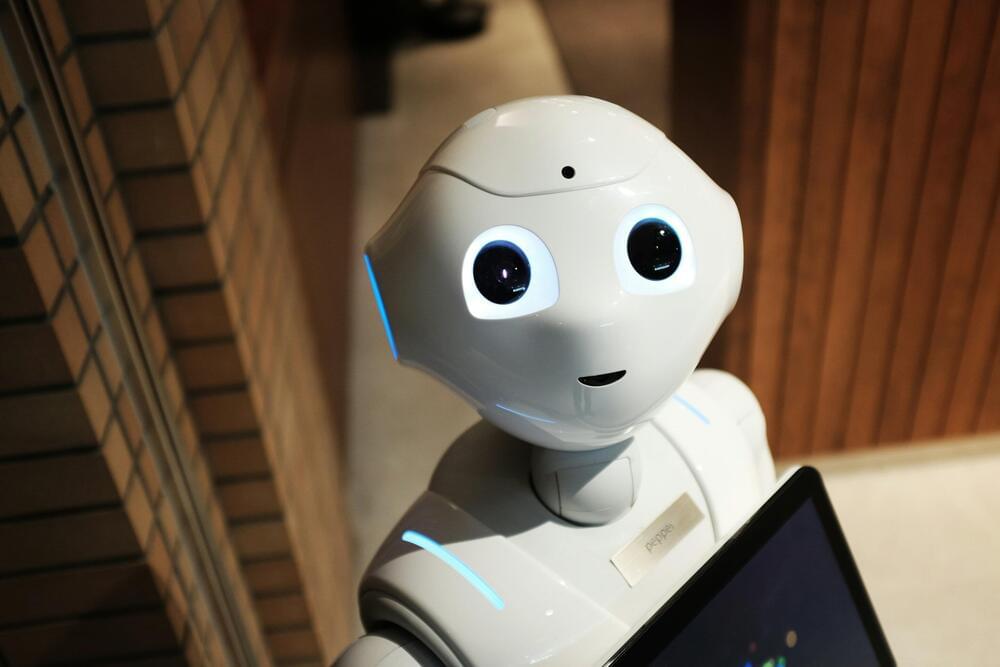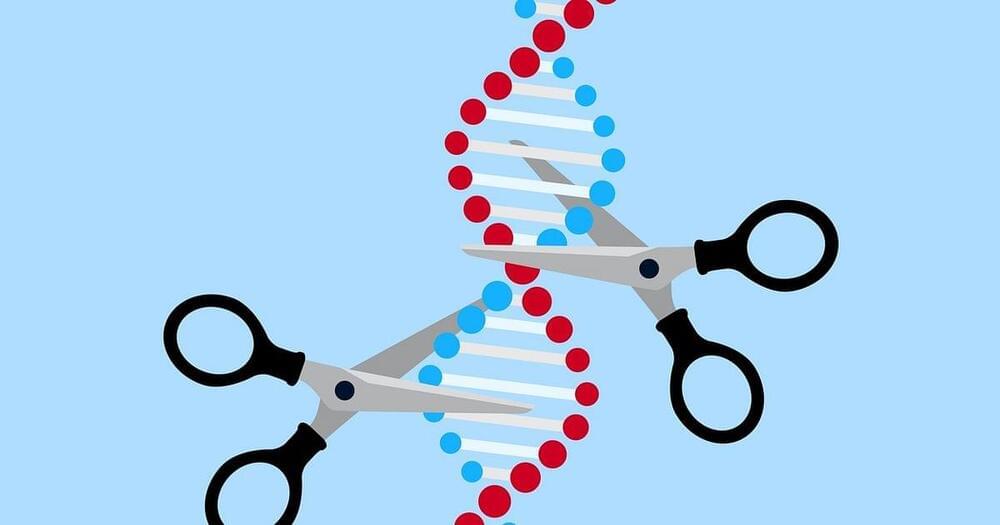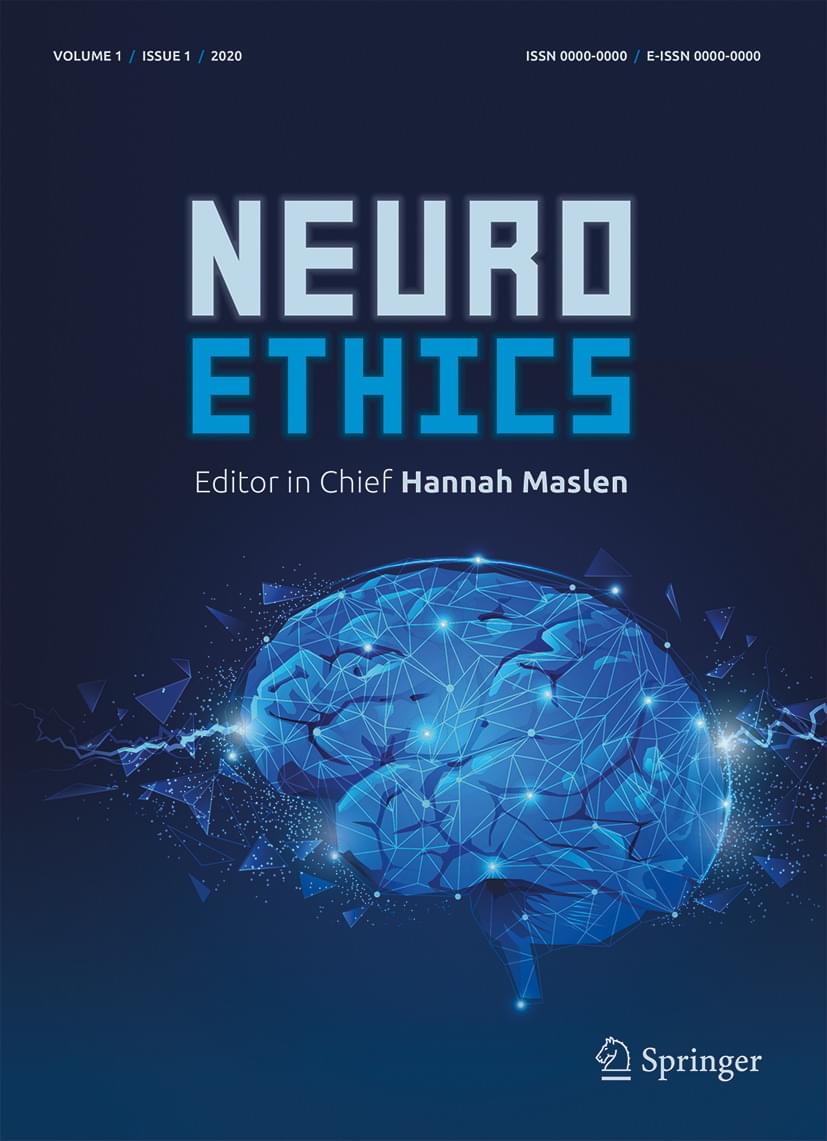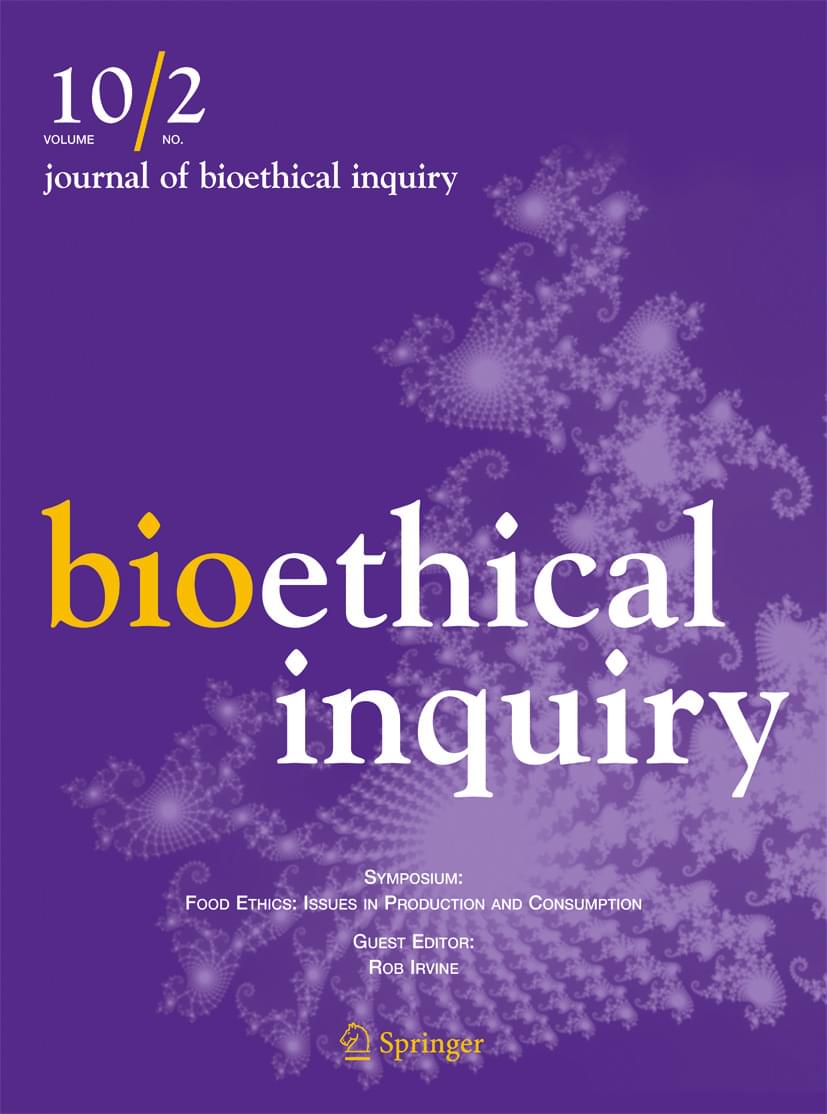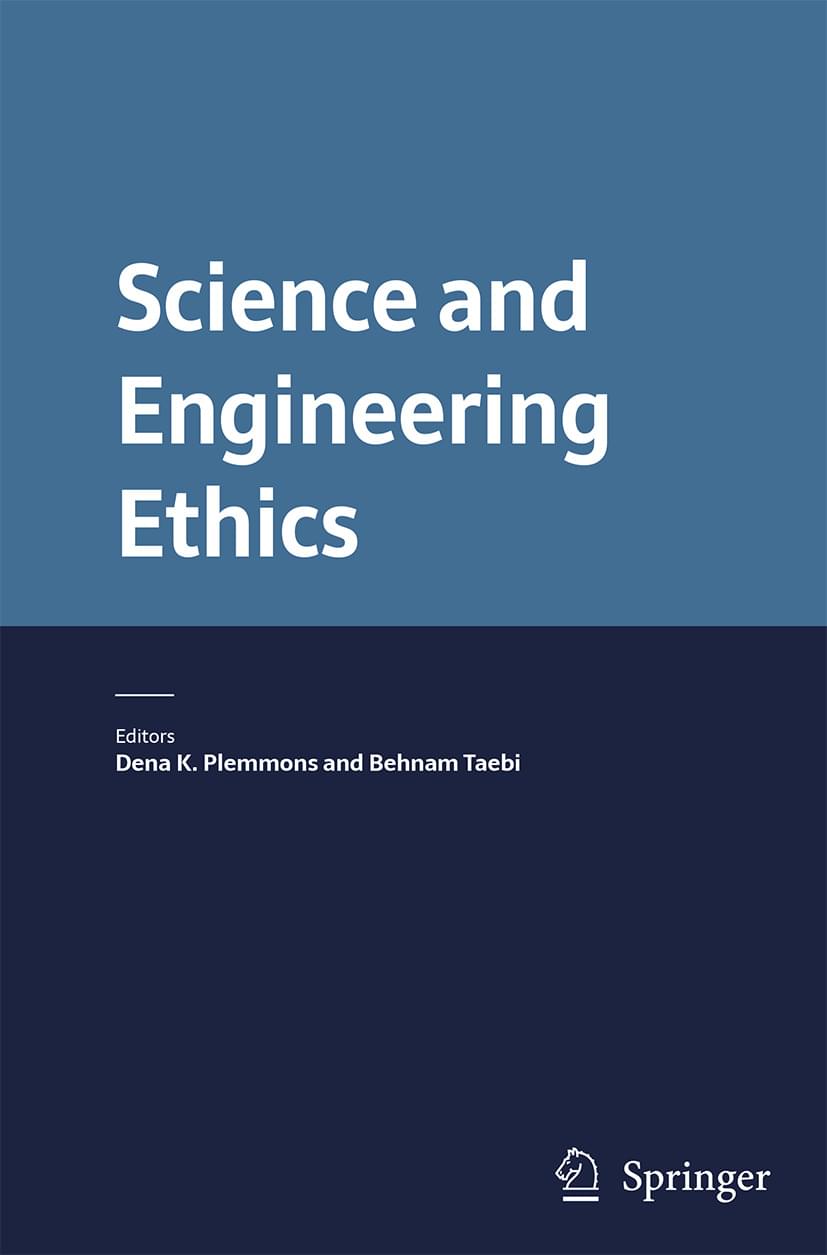The most merciful thing in the world, I think, is the inability of the human mind to correlate all its contents. We live on a placid island of ignorance in the midst of black seas of infinity, and it was not meant that we should voyage far. The sciences, each straining in its own direction, have hitherto harmed us little; but some day the piecing together of dissociated knowledge will open up such terrifying vistas of reality, and of our frightful position therein, that we shall either go mad from the revelation or flee from the deadly light into the peace and safety of a new dark age.
Most of his stories, however, are less philosophically explicit. Lovecraft’s thought is often obscured in his tales, and must be pieced together from various sources, including his poetry, essays and, most importantly, his letters. Lovecraft wrote an estimated 100,000 during his life, of which around 10,000 have survived. Within this substantial non-fictional output, the volume of which dwarfs his fictional writing, Lovecraft expounded the philosophical concerns – whether metaphysical, ethical, political or aesthetic – which he claimed underpinned his weird fiction. These tales, he wrote, were based on one fundamental cosmic premise: ‘that common human laws and interests and emotions have no validity or significance in the vast cosmos-at-large’
In H P Lovecraft: The Decline of the West (1990), the scholar S T Joshi analysed many of those letters and essays to create an image of ‘Lovecraft the philosopher’. Joshi claimed that Lovecraft’s identity as a philosopher is a direct outcome of the genre he mastered: weird fiction. This genre, Joshi writes, is inherently philosophical because ‘it forces the reader to confront directly such issues as the nature of the universe and mankind’s place in it.’ Not everyone has agreed that Lovecraft’s thought should be so elevated. The Austrian literary critic Franz Rottensteiner, in a review of Joshi’s book, attacked the idea of Lovecraft as a philosopher: ‘The point is, of course, that Lovecraft as a thinker just wasn’t of any importance,’ he wrote ‘whether as a materialist, an aestheticist, or a moral philosopher.’
